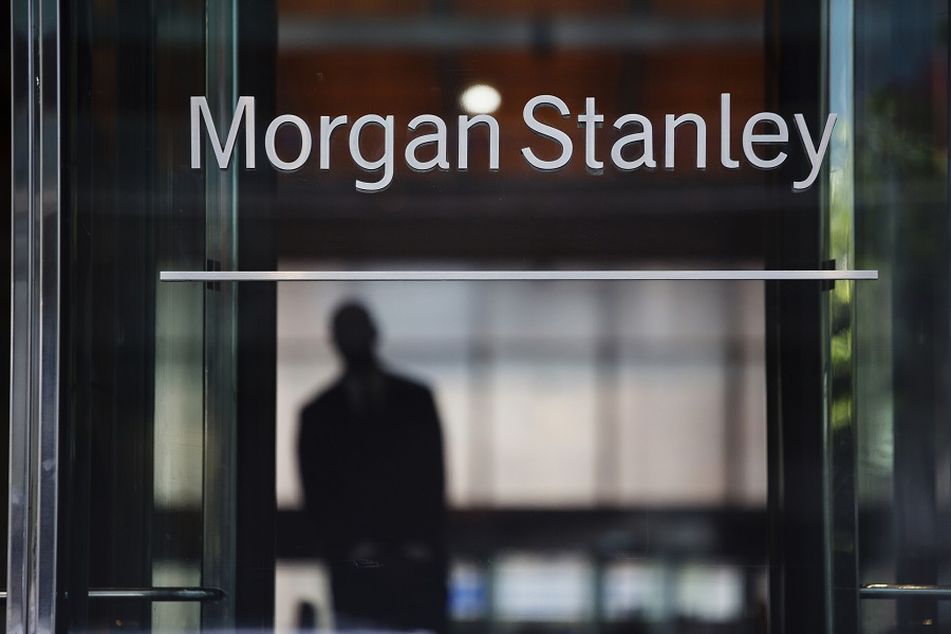Broker claws back $1.2 million from Morgan Stanley in ‘significant’ promissory note case

Ex-Morgan Stanley broker now only has to pay about half of $2.9 million he was originally ordered to pay by Finra arbitrators.
Finra arbitrators cut by almost half a $2.9 million claim by Morgan Stanley against a broker for allegedly failing to pay back a loan from the firm.
A Financial Industry Regulatory Authority Inc. arbitration panel recently ruled that Matthew Joseph Celenza, a former Morgan Stanley broker, must pay the firm $2.9 million for failing to fulfill two promissory notes. But the arbitrators reduced that amount by the $1.2 million in compensatory damages it gave Mr. Celenza, making the final award $1.7 million.
Brokerages typically win disputes involving promissory notes, which are loans financial firms give to brokers as hiring incentives, making the offset in the award unusual.
“That’s probably the biggest defeat for Morgan Stanley all year,” said Jeff Riffer, a partner at Elkins Kalt Weintraub Reuben Gartside, who represented Mr. Celenza.
Morgan Stanley declined to comment on the case, which began in 2012.
SIGNIFICANT DECISION
Ethan Brecher, a securities lawyer who owns an eponymous firm, was surprised the arbitration panel gave a seven-figure adjustment to a broker.
“This is a pretty significant decision,” said Mr. Brecher, who argued a promissory note case involving Morgan Stanley in a 2013 Finra arbitration.
In his counterclaim, Mr. Celenza charged that Morgan Stanley had committed fraud, negligent misrepresentation, breach of contract and other violations.
Mr. Celenza, who was a Smith Barney broker for 13 years, asserts that he was not treated fairly when the firm merged with Morgan Stanley.
Part of Mr. Celenza’s practice included making loans to high-net-worth and private-equity clients through Citigroup. He had set up a family office with the firm. But when Morgan Stanley took over, Mr. Celenza’s loans were moved to another part of the operation, costing him millions of dollars in revenue.
“I was very happy with the fact that I was recognized [by the arbitrators] as someone who was building a business with those clients,” said Mr. Celenza, who now works for Bank of America Merrill Lynch in Beverly Hills, Calif. “This has to do with a unilateral decision by the firm to take the revenues for themselves and leave me out of the picture.”
Disputes between brokerages and employees — as well as clients — are tried in arbitration forums sponsored by Finra. The three-person panels never explain the reasoning for their decisions.
Learn more about reprints and licensing for this article.








